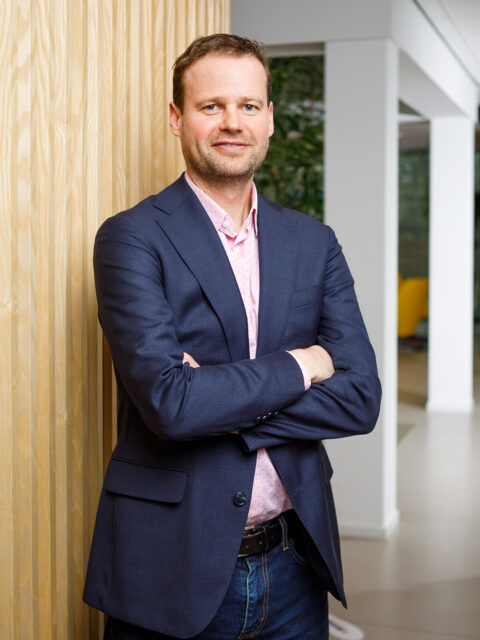Circular economy

Brabant is striving for an economy that is largely circular by 2050. This is in line with the government-wide program Netherlands Circular 2050. Here, the preservation of natural capital is an important starting point. Therefore, many new initiatives are under construction, such as the development of Green Chemistry Campus phase 3, innovative technologies and scaling up of circular processing of plastic residual flows – for example by developing pyrolysis pilot plants at the Port of Moerdijk. At the Cosun Innovation Center, the development of biobased concepts, products and applications in the food and non-food industries is enhanced.

Successful Circular Biobased Economy in Brabant
Brabant has become a leading region for the biobased industry due to its favorable climate, access to renewable resources, and a strong tradition of innovation and entrepreneurship. There are many companies and research institutions in Brabant that are involved in developing and producing biobased products, such as biofuels, bioplastics, and biochemicals.
One example of a successful biobased networking organization in Brabant is Biobased Delta, a regional partnership that brings together businesses, government agencies, and research institutions to support the growth of the biobased industry. Its mission is to accelerate the transition toward a circular biobased economy by initiating projects and inspiring and supporting companies toward greening and earning.
Another important player in the biobased sector in Brabant is the Green Chemistry Campus, which is located in Bergen op Zoom. The Green Chemistry Campus is a business incubator that provides support and resources to startups and established companies that are developing biobased products. The campus also conducts research and development activities in partnership with academic institutions and industry.

Feedstock
Brabant offers a competitive feedstock position. Feedstock is widely available within the region and deliverable in time (‘guaranteed stock delivery’). It can be obtained from various resources, such as sugar beets, cellulosic biomass, residues and manure, and at favorable costs. Currently the Netherlands, and more specific the sugar beets area in the southwestern part of the country, is one of the most efficient sugar production areas in the world. As such, supply of feedstock can be ensured.
Downloads
-
Presentation on Circular Biobased Economy in Brabant
News
Contact us









